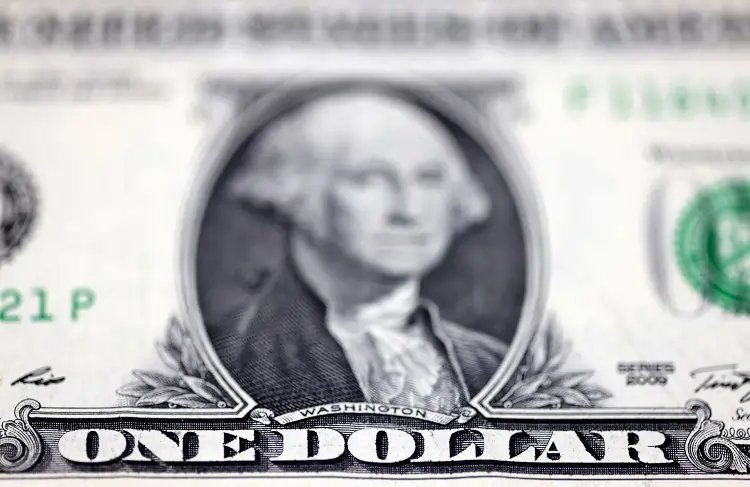Dollar rises after claims data, bitcoin continues rally


By Chuck Mikolajczak
NEW YORK (Reuters) -The dollar rose to a 13-month high in choppy trading on Thursday as investors assessed the latest labor market data and comments from Federal Reserve officials for the path of interest rates, while bitcoin continued its march toward the $100,000 level.
Weekly initial jobless claims dropped 6,000 to a seasonally adjusted 213,000, a seven-month low, and below the 220,000 estimate of economists polled by Reuters, indicating job growth rebounded after being disrupted by hurricanes and labor strikes last month.
However, the report also indicated labor market slack as it is taking longer for the unemployed to find new jobs, as unemployment rolls grew to their highest levels in three years, giving the Fed cushion to cut rates again in December.
Bitcoin continued its recent rally that has seen the cryptocurrency surge more than 40% since the U.S. election on expectations President-elect Donald Trump will loosen the regulatory environment for cryptocurrencies.
Bitcoin gained 4.23% to $98,458 after reaching a record high of $99,057. The Securities and Exchange Commission said Chair Gary Gensler, who challenged the crypto industry, will step down on Jan. 20.
Recent comments from Fed officials, including Chair Jerome Powell, have indicated the central bank may take a slower course in its rate cut path, while concerns that Trump’s policies could reignite inflation have helped push the dollar to a high of 107.15, its highest level since Oct. 4, 2023.
The dollar index, which measures the greenback against a basket of currencies, rose 0.39% to 107.03, with the euro down 0.64% at $1.0476 after falling to $1.0461, its lowest in 13 months.
One could argue that the market is now pretty hawkishly priced, kind of the other side of the boat again, so it’s starting to look a little bit aggressive in some of the Fed pricing and probably in the Bank of England as well, but at the same time they are kind of talking very hawkishly lately,” said Brad Bechtel, global head of FX at Jefferies in New York.
“We’re just going to kind of chop around, there’s a lot embedded in the dollar price at current levels so I definitely wouldn’t be chasing it.”
European Central Bank chief economist Philip Lane said global economic output would suffer a “sizeable” loss if trade became more fragmented and an immediate boost to inflation would only fade over a few years.
Expectations for the path of rate cuts have been scaled back recently. Markets are pricing in a 55.9% chance of a 25-basis-point cut at the Fed’s December meeting, down from 72.2% a week ago, according to CME’s FedWatch Tool.
Federal Reserve Bank of New York President John Williams told Barron’s in an interview published on Thursday he sees inflation cooling and interest rates falling further while Federal Reserve Bank of Richmond President Tom Barkin said in an interview with the Financial Times the U.S. is more vulnerable to inflationary shocks than in the past.
In addition, Chicago Federal Reserve President Austan Goolsbee reiterated his support for further interest rate cuts and receptiveness to doing them more slowly.
Safe-haven currencies such as the Japanese yen and Swiss franc briefly strengthened on the latest potential signs of the conflict between Ukraine and Russia escalating before reversing course.
Against the Japanese yen, the dollar weakened 0.56% to 154.56 after dropping as much as 0.98%, and against the Swiss franc, the dollar gained 0.29% to 0.887 after falling as much as 0.21% on the session.
Bank of Japan Governor Kazuo Ueda said on Thursday the central bank would “seriously” take into account foreign exchange rate moves in compiling its economic and price forecasts.
(Reporting by Chuck Mikolajczak; editing by Jonathan Oatis and Sandra Maler)
The dollar index measures the value of the U.S. dollar against a basket of foreign currencies, indicating its strength or weakness in the global market.
Bitcoin is a decentralized digital currency that allows for peer-to-peer transactions over the internet without the need for a central authority.
Interest rates represent the cost of borrowing money or the return on savings, typically expressed as a percentage of the principal amount.
Labor market slack refers to the underutilization of labor resources, indicating that there are unemployed workers who are willing and able to work.
Explore more articles in the Investing category











